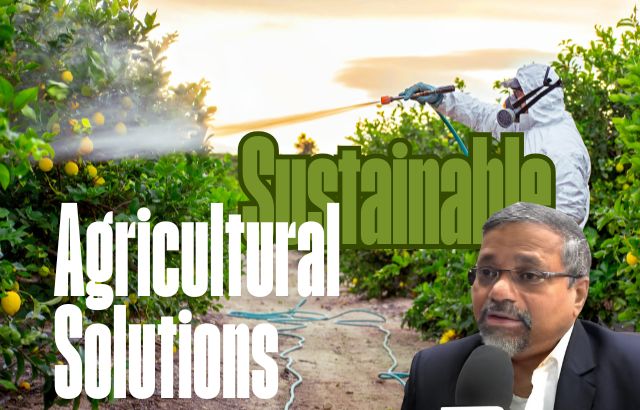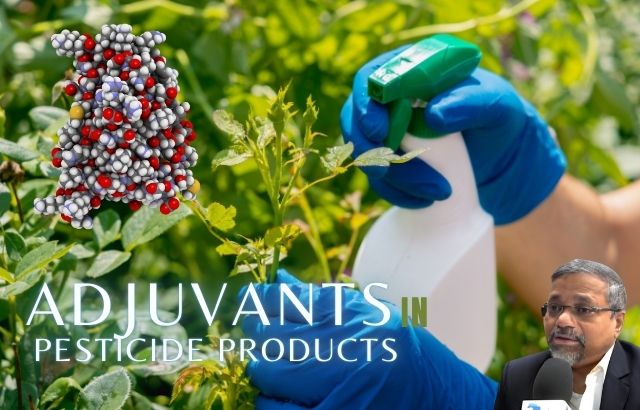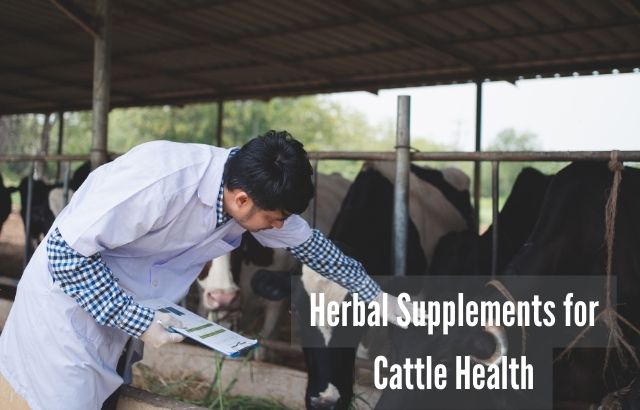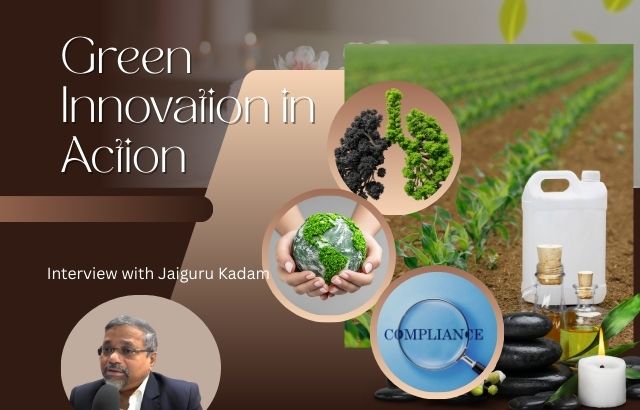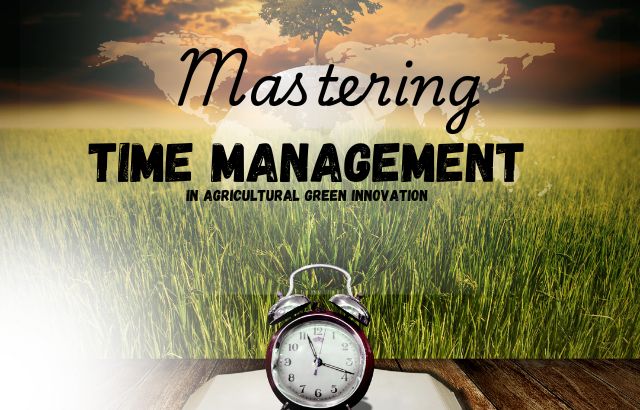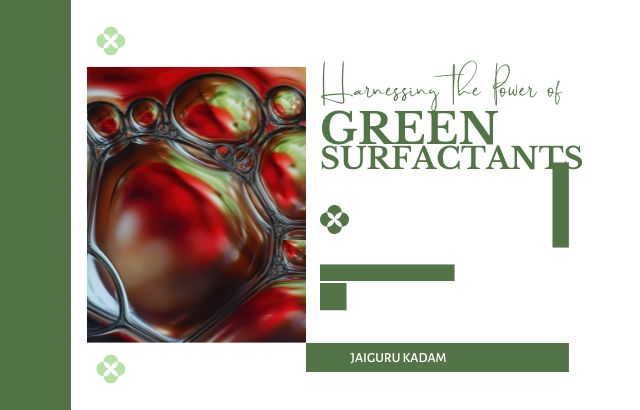Agriculture has been at the heart of human civilization for centuries, but with increasing concerns about climate change, soil depletion, and the environmental impact of conventional farming practices, the need for sustainable alternatives is more pressing than ever. Innovations in organic fertilizers, green solvents, and plant-derived herbicides are rapidly transforming the agricultural landscape. These solutions not only aim to enhance crop yields but also protect our planet by reducing the harmful effects of synthetic chemicals.
One such green innovator, Jaiguru Kadam, has made significant strides in the development of eco-friendly agricultural practices that combine traditional knowledge with modern science. In this blog, we will explore some of the most promising sustainable agricultural solutions, including green solvents and plant-derived herbicides, while highlighting the contributions of innovators like Jaiguru Kadam.
1. Green Solvents: Revolutionizing Chemical Use in Agriculture
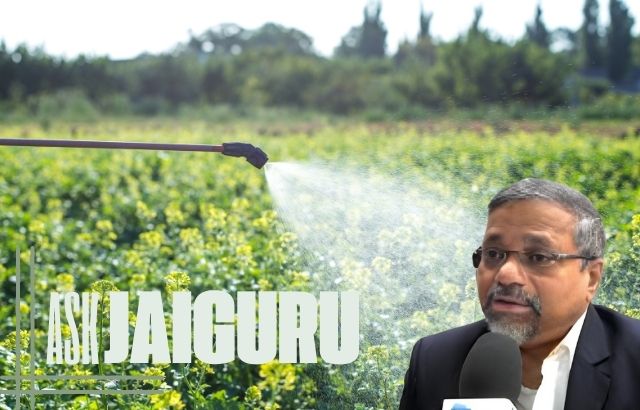
Green solvents are a game-changer in the world of agriculture and beyond. Traditional solvents used in agricultural applications—such as herbicide and pesticide formulations—can pose significant environmental and health risks. Green solvents, on the other hand, are derived from renewable resources, biodegradable, and non-toxic, making them a safer alternative.
Practical Example: Green Solvents in Pesticides
Green solvents are increasingly being used to formulate biopesticides—natural pesticides derived from plant or microbial sources. One such example is the development of essential oil-based pesticides that utilize green solvents for their formulation. These natural oils, such as those from neem or eucalyptus, are highly effective at repelling pests and diseases while being much safer for the environment compared to synthetic chemical pesticides.
For example, Jaiguru Kadam has been at the forefront of creating eco-friendly plant-based formulations using green solvents that not only reduce toxic waste but also improve pest resistance in crops. His work involves extracting essential oils from native plants and blending them with sustainable solvents to create highly efficient biopesticides.
Intriguing Statistics:
The global market for biopesticides was valued at approximately $6.3 billion in 2022 and is expected to grow at a compound annual growth rate (CAGR) of 14.5% from 2023 to 2030.
Green solvents are estimated to reduce VOC (volatile organic compound) emissions by over 50% when used in agricultural formulations, contributing to a cleaner and healthier atmosphere.
2. Plant-Derived Herbicides: Sustainable Weed Control
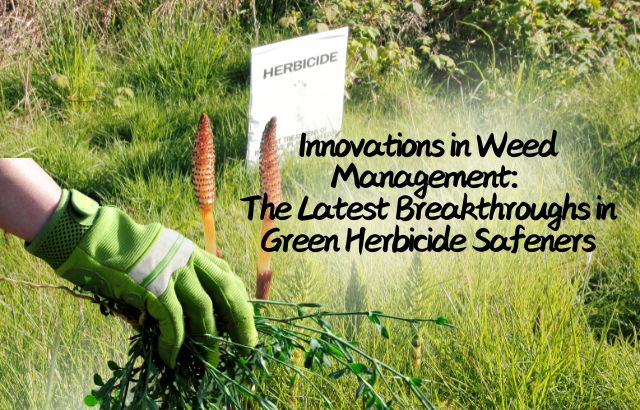
Herbicides are another critical tool in modern agriculture, but conventional synthetic herbicides have been linked to various environmental and health hazards. Plant-derived herbicides, however, offer a more sustainable and eco-friendly alternative.
Practical Example: Herbicides from Allelopathic Plants
Certain plants have natural chemicals that inhibit the growth of weeds—a phenomenon known as allelopathy. Plants like mustard or sorghum release natural compounds that prevent weed seeds from germinating, offering a chemical-free means of weed control. Jaiguru Kadam has been working to isolate these natural compounds and develop plant-based herbicides that can replace synthetic chemical options.
For instance, glucosinolate compounds from mustard seeds are being used in the development of bio-herbicides that target weed growth without harming crops. These bio-herbicides are biodegradable and leave no toxic residues in the soil, offering an environmentally safe alternative to traditional herbicides.
Intriguing Statistics:
The use of plant-based herbicides could reduce the reliance on synthetic chemicals by up to 40% over the next decade.
Mustard-based herbicides have shown to reduce weed growth by as much as 85% in field trials, with minimal impact on soil health.
3. Organic Fertilizers: Feeding the Soil, Not the Chemicals
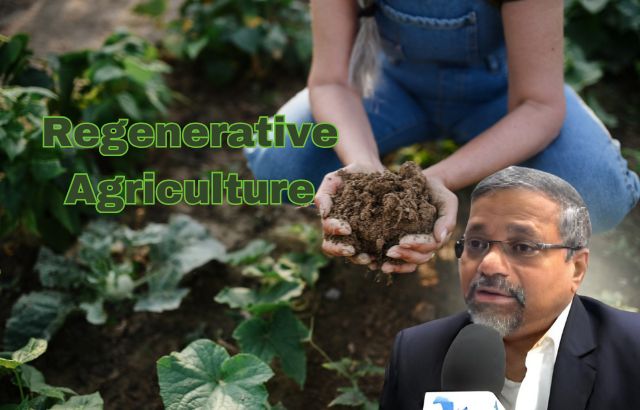
While we’ve seen tremendous advancements in pest and weed control, the cornerstone of sustainable agriculture is healthy soil. Organic fertilizers, made from natural materials like compost, manure, and plant residues, are crucial in restoring soil health, improving water retention, and promoting beneficial microbial activity.
Practical Example: Vermicomposting and Green Fertilizers
Vermicomposting, the process of using worms to break down organic waste into nutrient-rich fertilizer, is a powerful tool for sustainable agriculture. Jaiguru Kadam has been involved in large-scale projects that promote vermicomposting and the use of plant-derived nutrients to create organic fertilizers. These fertilizers are rich in essential micronutrients and are not only good for soil but also contribute to increased crop yields.
By reducing reliance on synthetic fertilizers, organic fertilizers help to maintain soil structure, reduce runoff, and lower the environmental impact of farming. Moreover, bio-based fertilizers such as biochar (produced from the pyrolysis of organic materials) are gaining traction for their ability to sequester carbon while fertilizing crops.
Intriguing Statistics:
Vermicomposting can reduce waste by up to 50%, transforming organic waste into valuable fertilizer while reducing landfill burden.
Studies show that organic fertilizers can increase soil carbon sequestration by up to 30%, helping mitigate climate change.
4. Jaiguru Kadam: A Green Innovator Leading Change

Jaiguru Kadam’s work in sustainable agriculture is a testament to the potential for innovation to drive positive change. By combining traditional farming knowledge with modern science, Kadam has created solutions that help farmers adopt more environmentally friendly practices without compromising productivity.
Kadam’s emphasis on holistic farm management, which integrates organic fertilizers, green solvents, and plant-derived herbicides, has empowered many farmers to transition to more sustainable practices. His work in agroecology has also highlighted the importance of biodiversity and ecological balance in agricultural systems.
In addition to his technical contributions, Jaiguru Kadam has been an advocate for farmer education, working to increase awareness about the benefits of sustainable farming practices and the long-term advantages of shifting away from harmful chemical inputs.
FAQ on Sustainable Agricultural Solutions

Q1: Are plant-based herbicides as effective as synthetic ones?
Yes, plant-based herbicides have proven to be highly effective. While the level of efficacy can vary depending on the plant-derived compound, many bio-herbicides are just as, if not more, effective than traditional herbicides in controlling weed growth. Plus, they are biodegradable and pose no threat to human health or the environment.
Q2: How do green solvents contribute to sustainable agriculture?
Green solvents help reduce the environmental footprint of agricultural products by replacing harmful chemicals that can cause pollution and health risks. They are derived from renewable sources, biodegradable, and non-toxic, making them a safer and more sustainable choice for farmers.
Q3: Can organic fertilizers improve crop yields compared to synthetic fertilizers?
Yes! Organic fertilizers often improve long-term soil health, leading to more resilient crops. While synthetic fertilizers may provide quick nutrient boosts, organic fertilizers enhance microbial activity, water retention, and overall soil structure, which can lead to better crop yields over time.
Q4: Is Jaiguru Kadam’s approach scalable for large-scale farming?
Absolutely! Kadam’s methods have been successfully implemented on both small and large farms. His approach is designed to be scalable, cost-effective, and adaptable to different agricultural systems, making it a viable option for diverse farming communities.
Q5: Are plant-based pesticides and herbicides safe for beneficial insects like bees?
Plant-based pesticides are typically much safer for non-target organisms, including beneficial insects like bees, compared to synthetic chemical pesticides. Since many plant-based solutions are derived from essential oils or other natural compounds, they often target specific pests while leaving beneficial insects unharmed.
Conclusion: The Path Forward

Sustainable agriculture is no longer a distant dream—it’s a present-day reality, driven by the efforts of innovators like Jaiguru Kadam. Green solvents, plant-derived herbicides, and organic fertilizers offer promising solutions for reducing agriculture’s environmental impact while maintaining productivity. These eco-friendly alternatives are not only good for the planet but also for the future of farming, ensuring that we can feed the world without compromising the health of our ecosystems.
As we look to the future of farming, embracing these sustainable solutions will be crucial in creating an agricultural system that is both productive and responsible. So, let’s celebrate these green innovations and work toward a more sustainable, healthy, and productive agricultural landscape.

